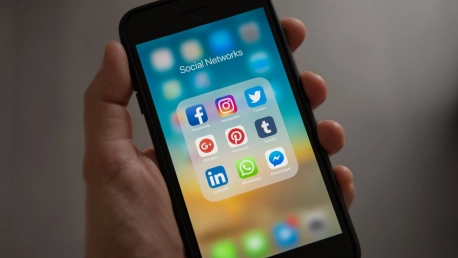
The number of civilian casualties is on the rise in what came to be known as the most serious conflict in the Gaza Strip since 2014. Fighting between Israelis and Palestinians continues, as United Nations (UN) experts voice their concerns about the possibility of a “full-scale war” erupting in the

According to a recent study , 1 in 3 Americans stated they will definitely or probably refuse the COVID-19 vaccine, but how will their decision impact the future of others? While scientists hope that the number of those who ultimately decide to get vaccinated will be enough to achieve herd

Unlike most countries around the world, America has a deeply rooted gun culture that has caused multiple debates about gun control and legislation over the years. Multiple mass shootings have shocked Americans since the Columbine High School massacre, and the Boulder shooting is no exception to the

It has been more than a year since the COVID-19 pandemic started to reshape everyday life as we knew it. In the US alone, more than 500,000 people have died as a consequence of the pandemic. The virus went on to infect 111,878,487 people worldwide and kill as many as 2,478,131, according to the

The storming of the United States Capitol rocked the world news to its core, but while the riot seemed an unthinkable event for everyone watching, recent information shows it might have been brewing for some time on social media. Online platforms are often used by protesters around the world as a

The COVID-19 pandemic and the crisis that followed have transformed 2020 into a year of change, unrest, and anxiety. Like most of the world, U.S. experienced protests, police brutality, elections, demands for change, and hope for a brighter future. While 2020 may have been a challenging year that